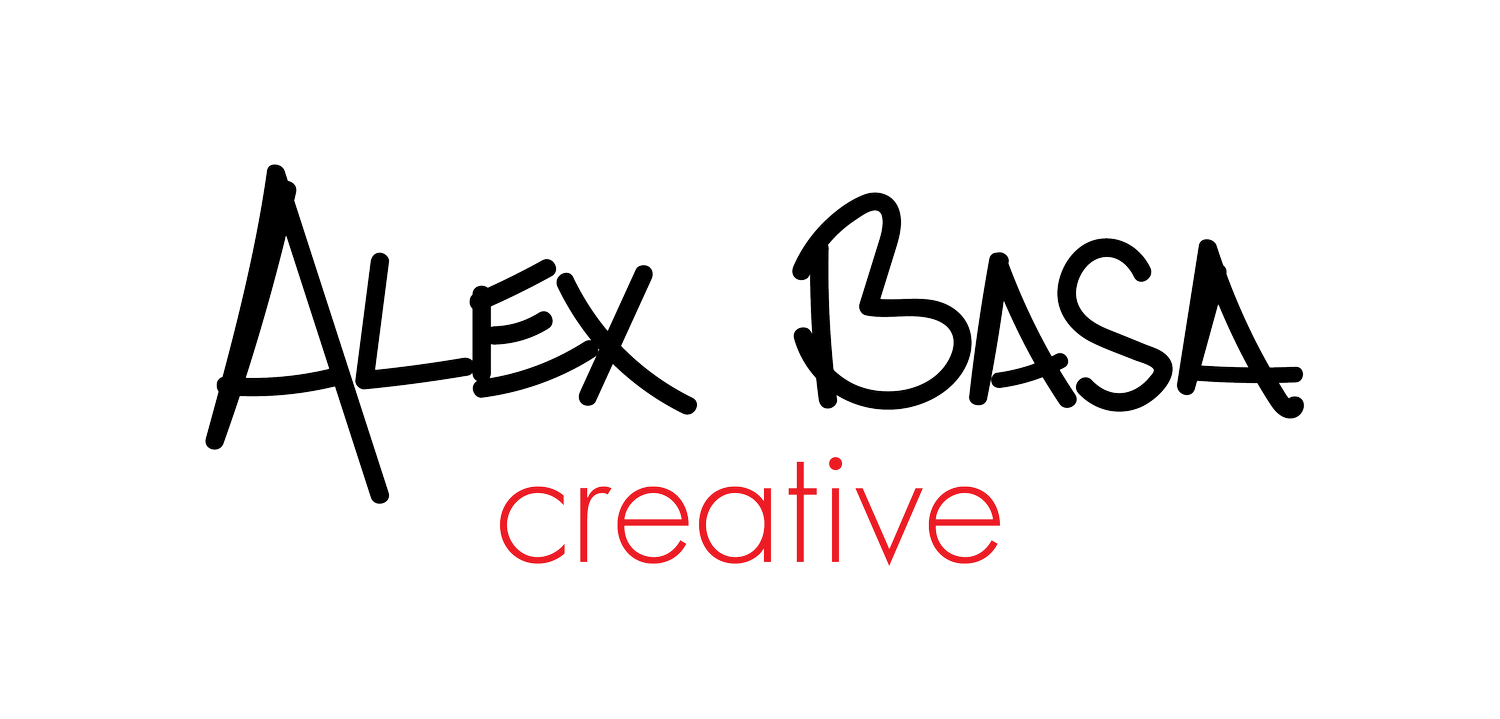Today, I'd like to share my favorite ice-breaker with you all (one that also has some introspective utility for people like me—professional creatives who also provide freelance services):
The Four Stages of Knowing (or the Four Stages of Competence, depending on who you ask). It starts with an explanation of what “the stages of knowing” are:
1) Unconscious unknowing
2) Conscious unknowing
3) Conscious knowing
4) Unconscious knowing
- Unconscious unknowing is exactly what it sounds like: not knowing that you don't know something (or being uninterested in it). The example that I use for myself is playing guitar. Before I wanted to know how to play guitar, I had no interest in it.
- Conscious unknowing is the next stage. It's where you have an interest in something, but you're aware that you don't have the skill to a measure of fidelity. In my guitar example, it's the point where I first picked up a guitar and started fretting my first chords (very terribly, mind you). This is also the stage that creates a fork: either people continue forward, or quit altogether out of disinterest/frustration.
- Conscious knowing is the stage where you have a pretty good grip of the skill, but you have to actively think about it to use it. For me and guitar, I'm in-between this stage and the next stage. Some aspects I have to think very deliberately about, but some are...
- Unconscious knowing. Also known as a "second-nature" skill. This is a skill where you don't really have to think about it to perform it. This is also the hardest type of skill to identify for most people. After all, it's an "unconscious" skill. Everyone has them. For me and guitar, a lot of the time when I'm making up a guitar solo on the spot, I'm not really thinking about the scale shapes, what key I'm in, which notes are which intervals of the diatonic... I'm sort of just making noises. But the thing is, all of the previous stages of knowing have fed into the fourth stage.
So back to the ice-breaker: what's your unconscious knowing (or second-nature) skill?
I talked to a Spanish speaking friend about this recently, and—expectedly—he had a hard time placing a skill, even though I could think of one for him immediately. After he pondered for a bit, I said to him: language, bro. It hadn’t occurred to him that being bilingual was a skill he’d developed basically over the course of his entire life. He doesn’t have to think in order to switch back and forth between languages, and he doesn’t have to translate the words from either language in his head in order to understand what’s being said. Since I have an incredibly rudimentary grip on the Spanish language, I have to constantly think (conscious knowing) about what I am saying or what is being said to me.
This exercise is great as an ice breaker because it not only helps you get to know people, but it helps them get to know themselves. Be wary, however… in order to use this ice-breaker effectively, you’ll have to invoke a skill of your own: conversation leading. It takes a bit of explanation, and you might have to push the conversation along if people get stuck. There have been several occasions when I’ve used this ice-breaker and have had to give examples to inspire some introspective thinking.
So how does this apply to creatives in the freelance space? Well, something I’ve noticed about creatives is their tendency to feel guilty about “charging too much” for something when they produce work. I hear this most often when it comes to photographers. They tend to forget that since they’ve been shooting for a while and have built up an intuitive understanding about the relationship between composition, color, ISO, aperture, and shutter speed, that it “must not be that hard.” But truthfully, that shit can be hard as fuck. Photographers, here’s an experiment: set your camera to manual, screw the settings up so that it’ll take an objectively terrible picture (I’m talking wonky white balance settings, ISO 100, shutter speed 8000, f/22) and hand it to any lay person who wants to “pay you in exposure.” Then remember that you’ve built up a skill that has more worth than you probably realized because you don’t think of it as a skill anymore. It’s just a part of who you are.
This revelation first occurred to me when I was considering what I should charge as a writer. Everybody writes, right? So it would be absurd to charge someone $80 an hour to write something for them. Well, that’s simply not true. While it sounds like a lot of money, the truth of the matter is: what would take me an hour to write, would take others days to write, if they could do it at all. Writing is definitely my unconscious-knowing skill. I’ve been doing it with the specific intention to get good at it for most of my life. I remember sitting next to someone who was having trouble figuring out how to send an uncomfortable text message in a diplomatic way, so I took their phone, asked them what they wanted to say (without censorship), and I transcribed it into something concise, diplomatic, and exactly what they wanted to say. They were shocked and impressed. For me? It was barely a thought.
But only because I didn’t know I knew how to do it.


